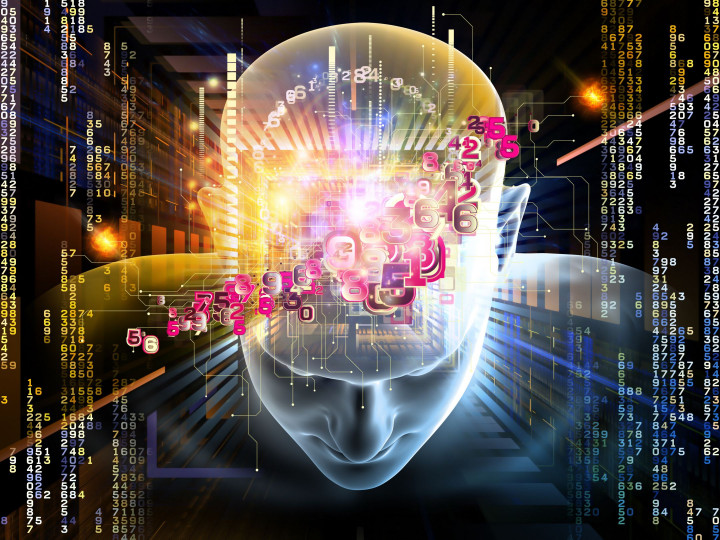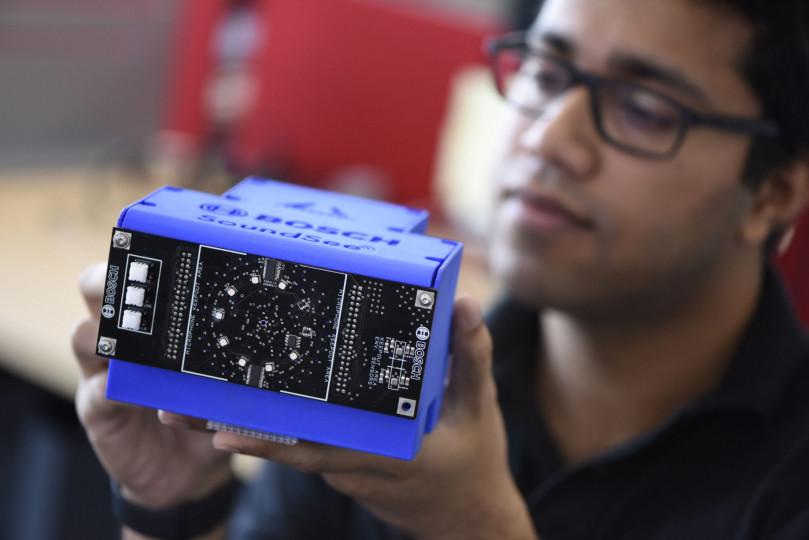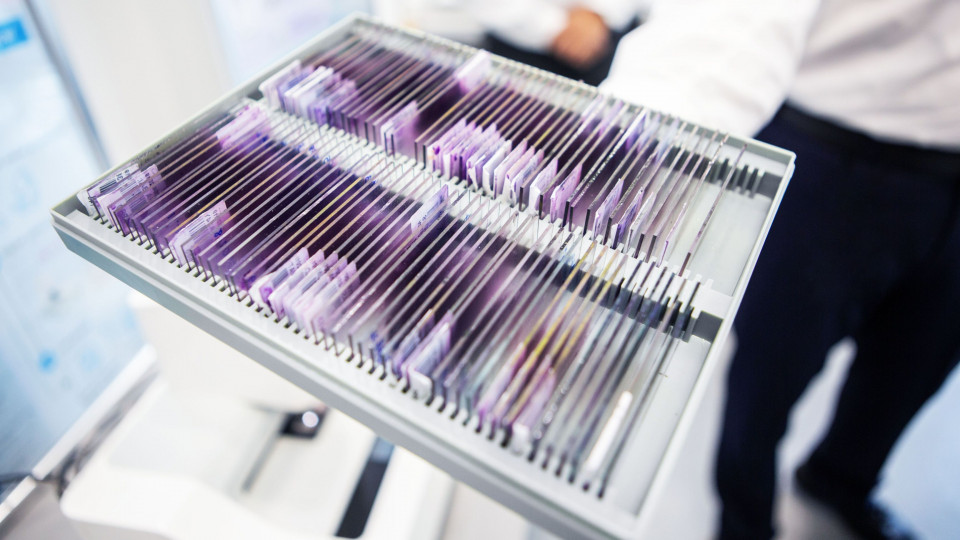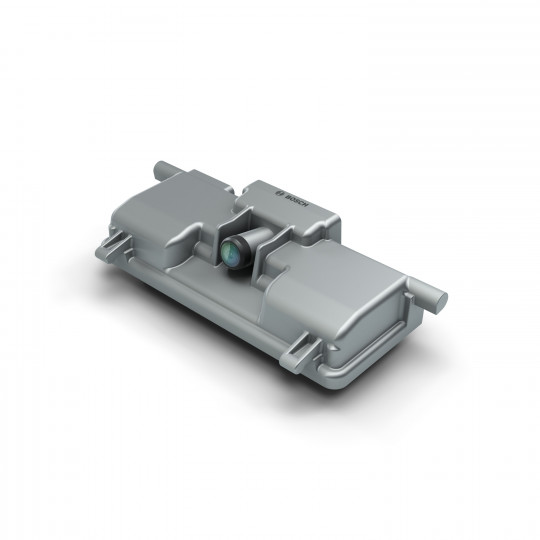Stuttgart and Berlin, Germany – Bosch has established ethical “red lines” for the use of artificial intelligence (AI). The company has now issued guidelines governing the use of AI in its intelligent products. Bosch’s AI code of ethics is based on the following maxim: Humans should be the ultimate arbiter of any AI-based decisions. “Artificial intelligence should serve people. Our AI code of ethics provides our associates with clear guidance regarding the development of intelligent products,” Bosch CEO Volkmar Denner said at the opening of Bosch ConnectedWorld (BCW), the company’s annual IoT conference in Berlin. “Our goal is that people should trust our AI-based products.”
AI is a technology of vital importance for Bosch. By 2025, the aim is for all Bosch products to either contain AI or have been developed or manufactured with its help. The company wants its AI-based products to be safe, robust, and explainable. “If AI is a black box, then people won’t trust it. In a connected world, however, trust will be essential,” said Michael Bolle, the Bosch CDO and CTO. Bosch is aiming to produce AI-based products that are trustworthy. The code of ethics is based on Bosch’s “Invented for life” ethos, which combines a quest for innovation with a sense of social responsibility. Over the next two years, Bosch plans to train 20,000 of its associates in the use of AI. Bosch’s AI code of ethics governing the responsible use of this technology will be part of this training program.
AI offers major potential
Artificial intelligence is a global engine of progress and growth. The management consultants PwC, for example, project that between now and 2030, AI will boost GDP in China by 26 percent, by 14 percent in North America, and by around 10 percent in Europe. This technology can help overcome challenges such as the need for climate action and optimize outcomes in a host of areas such as transportation, medicine, and agriculture. By analyzing huge volumes of data, algorithms are able to reason and make decisions. Well in advance of the introduction of binding EU standards, Bosch has therefore taken the decision to actively engage with the ethical questions that the use of this technology raises. The moral foundation for this process is provided by the values enshrined in the Universal Declaration of Human Rights.
Humans should retain control
Bosch’s AI code of ethics stipulates that artificial intelligence should not make any decisions about humans without this process being subject to some form of human oversight. Instead, artificial intelligence should serve people as a tool. Three possible approaches are described. All have the following in common: in AI-based products developed by Bosch, humans should retain control over any decisions the technology makes. In the first approach (human-in-command), artificial intelligence is purely an aid – for example, in decision-supporting applications, where AI can help people classify items such as objects or organisms. In the second approach (human-in-the-loop), an intelligent system autonomously makes decisions that humans can, however, override at any time. Examples of this include partially automated driving, where the human driver can directly intervene in the decisions of, say, a parking assistance system. The third approach (human-on-the-loop) concerns intelligent technology such as emergency braking systems. Here, engineers define certain parameters during the development process. Here, there is no scope for human intervention in the decision-making process itself. The parameters provide the basis on which AI decides whether to activate the system or not. Engineers retrospectively test whether the system has remained within the defined parameters. If necessary, these parameters can be adjusted.
Building trust together
Bosch also hopes its AI code of ethics will contribute to public debate on artificial intelligence. “AI will change every aspect of our lives,” Denner said. “For this reason, such a debate is vital.” It will take more than just technical know-how to establish trust in intelligent systems – there is also a need for close dialogue among policymakers, the scientific community, and the general public. This is why Bosch has signed up to the High-Level Expert Group on Artificial Intelligence, a body appointed by the European Commission to examine issues such as the ethical dimension of AI. In a global network currently comprising seven locations, and in collaboration with the University of Amsterdam and Carnegie Mellon University (Pittsburgh, USA), Bosch is working to develop AI applications that are safer and more trustworthy. Similarly, as a founding member of the Cyber Valley research alliance in Baden-Württemberg, Bosch is investing 100 million euros in the construction of an AI campus, where 700 of its own experts will soon be working side by side with external researchers and startup associates. Last but not least, the Digital Trust Forum, a committee established by Bosch, aims to foster close dialogue among experts from leading international associations and organizations. Its 11 members are meeting up at Bosch ConnectedWorld 2020. “Our shared objective is to make the internet of things safe and trustworthy,” Bolle said.
More than 170 speakers and 80 exhibitors
Bosch ConnectedWorld (February 19–20, 2020) brought together more than 80 exhibitors showcasing the latest trends and developments in the connected world. Among the more than 170 speakers were Bosch CEO Volkmar Denner and Bosch CDO/CTO Michael Bolle, as well as Roland Busch (the deputy CEO of Siemens), Axel Stepken (the chairman of the board of management of TÜV Süd), and Scott Guthrie (executive vice president of Microsoft’s cloud and AI group). The event’s main features included keynote speeches, a major exhibition, and a hackathon. This year marked the seventh time Bosch ConnectedWorld took place. It is one of the world’s largest international conferences devoted to the internet of things.
At a glance: The guidelines in Bosch’s AI code of ethics
- All Bosch AI products should reflect our “Invented for life” ethos, which combines a quest for innovation with a sense of social responsibility.
- AI decisions that affect people should not be made without a human arbiter. Instead, AI should be a tool for people.
- We want to develop safe, robust, and explainable AI products.
- Trust is one of our company’s fundamental values. We want to develop trustworthy AI products.
- When developing AI products, we observe legal requirements and orient to ethical principles.
Zita Hella Varga
Phone: +36 70 667-6374
The Bosch Group is a leading global supplier of technology and services. It employs roughly 403,000 associates worldwide (as of December 31, 2019). According to preliminary figures, the company generated sales of 77.9 billion euros in 2019. Its operations are divided into four business sectors: Mobility Solutions, Industrial Technology, Consumer Goods, and Energy and Building Technology. As a leading IoT company, Bosch offers innovative solutions for smart homes, smart cities, connected mobility, and connected manufacturing. It uses its expertise in sensor technology, software, and services, as well as its own IoT cloud, to offer its customers connected, cross-domain solutions from a single source. The Bosch Group’s strategic objective is to deliver innovations for a connected life. Bosch improves quality of life worldwide with products and services that are innovative and spark enthusiasm. In short, Bosch creates technology that is “Invented for life.” The Bosch Group comprises Robert Bosch GmbH and its roughly 440 subsidiary and regional companies in 60 countries. Including sales and service partners, Bosch’s global manufacturing, engineering, and sales network covers nearly every country in the world. The basis for the company’s future growth is its innovative strength. At 125 locations across the globe, Bosch employs some 72,000 associates in research and development.
The company was set up in Stuttgart in 1886 by Robert Bosch (1861–1942) as “Workshop for Precision Mechanics and Electrical Engineering.” The special ownership structure of Robert Bosch GmbH guarantees the entrepreneurial freedom of the Bosch Group, making it possible for the company to plan over the long term and to undertake significant upfront investments in the safeguarding of its future. Ninety-two percent of the share capital of Robert Bosch GmbH is held by Robert Bosch Stiftung GmbH, a charitable foundation. The majority of voting rights are held by Robert Bosch Industrietreuhand KG, an industrial trust. The entrepreneurial ownership functions are carried out by the trust. The remaining shares are held by the Bosch family and by Robert Bosch GmbH.
Additional information is available online at www.bosch.com, www.iot.bosch.com, www.bosch-press.com, www.twitter.com/BoschPresse









